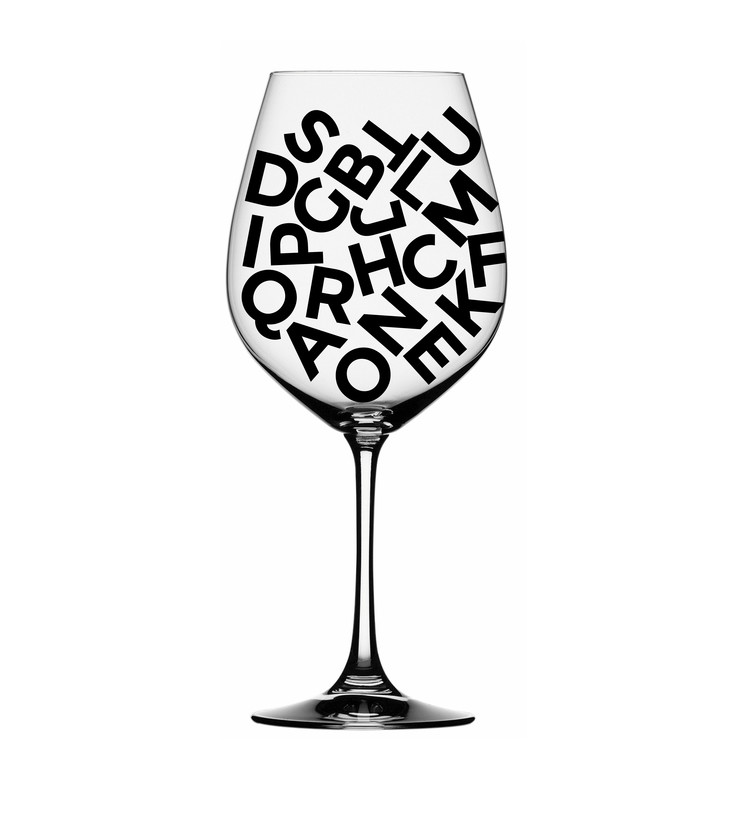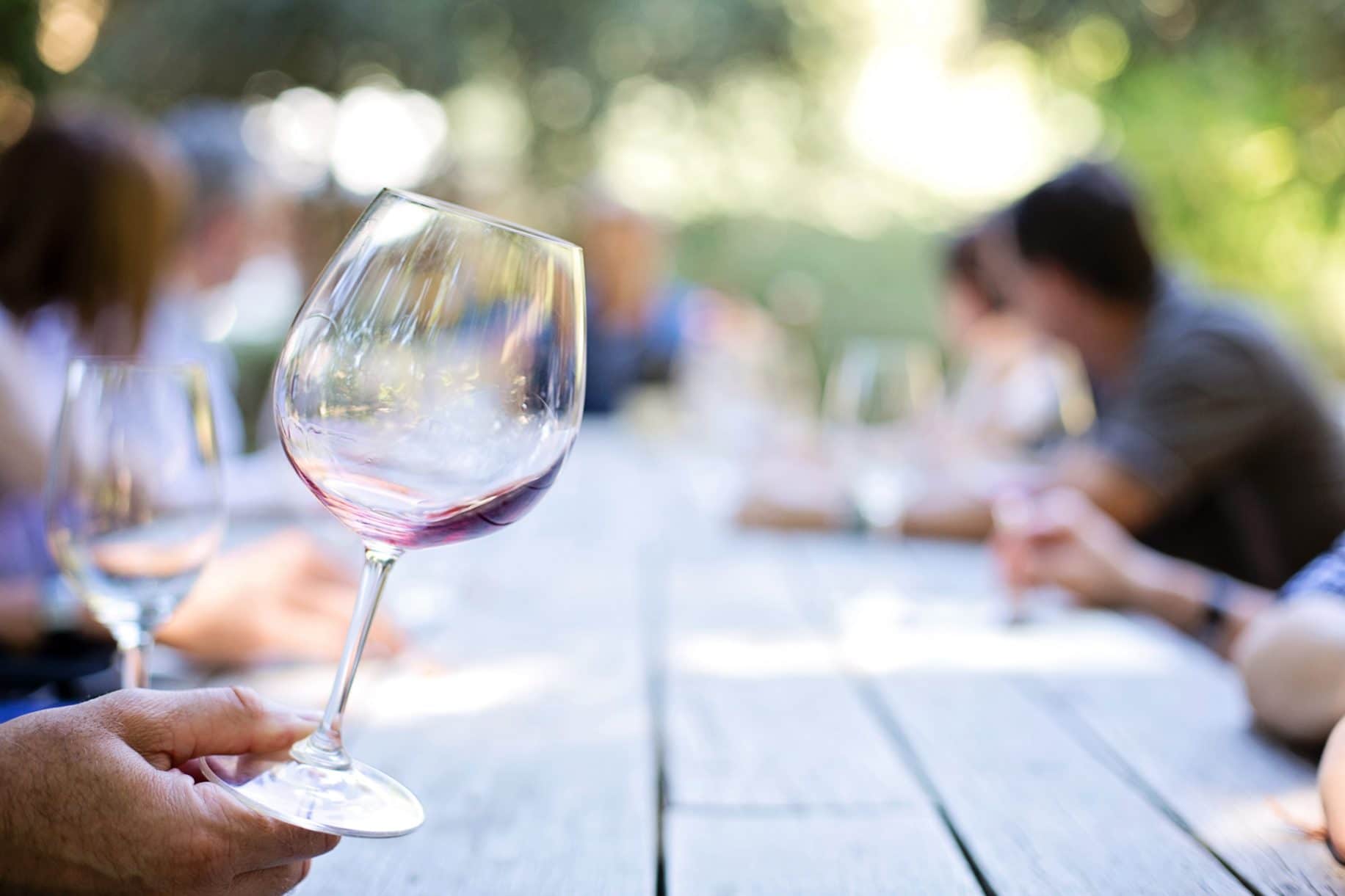What Do You Mean…? – Justin Bieber
Wine language can be a maze. There is plenty of rhetoric in wine and food world that can be very repellant. I freely admit that I’ve been a repeat offender myself. It’s normal to embrace the well-worn verbiage. Sooner or later, though, you come to a painful conclusion that no one should be subjected to this verbal equivalent of waterboarding.
Some of these terms are merely pretentious, some downright confusing.
Artisanal (also see: “Boutique,” “Hand-Crafted” and “Small Production”)
Here comes 50 Shades of Grey marketing. These days, numerous brands evoke the descriptors, only some back it up with facts. This “creative” product promotion is confusing to the consumer. A giant corporation that owns several wine brands aims to evoke the intimate, family-run winery “feel” by mere mention of these sentiments. This leaves actual small producers lost in the shuffle.
I often get confused what the definition of “small” is. Is it 50 cases, 500 or 5,000? I’ve heard brands making 50,000 cases who claim to be “boutique.”
Hand-crafted? The only way this makes any sense is if no machinery were used for picking, sorting and/or pressing. Other than that, all fine wines are “hand-crafted.”
The lesson is: consumer beware. Don’t take sly salesmanship at face value—do your own research. If you wish to support small brands, make sure that you learn the real story behind them.
Balanced
Okay, there’s nothing wrong with the term itself. The trouble is, it’s grossly overused. Balance is something we all strive for, in life or in wine. Unless you are the type that thrives on chaos, the quest for harmony is essentially implied.
Burgundian
Last I checked, Burgundian wines are made in Burgundy, France. Which means the only wines described as such should originate there. Highly redundant, but accurate.
No matter how brightly a Pinot or Chardonnay from some other part of the world shines, Burgundy somehow makes an appearance. Instead of celebrating exceptional wines from their own corner of the universe, winemakers often evoke the Burgundy standard, using it as a benchmark to measure their ability to emulate someone else’s effort.
How does this curious inferiority complex perpetuate itself? Easy—continue to compare yourself to another region instead of focusing on your own.
Fruit-Forward
I have stated on many occasions that I am a fruit lover. Fruit dominance is a “must” for any hedonistic drinker. After all, grapes are fruit! However, over the years, the term “fruit-forward” started to feel weary, as it is hardly an accurate representation. Some wine nerds will tell you that initial, primary aromatics warrant the term, even as they are replaced or fade away to the secondary, or tertiary aromas and flavors.
In truth, the “forward” part is pretty meaningless. All that it really signifies is that the wine smells like fruit. No need to attach an extra word for credibility.
Natural (also see “Low intervention,” “No manipulation”)
General confusion, miscommunication and misperception surround this term. Technically, it’s supposed to be the wine made from fruit that’s grown with no chemicals and little to no technological intervention. Given how much overlap there is between “natural,” “organic” and “biodynamic” practices it’s a readymade conundrum. Even more confusing is the practice of sourcing and bottling a combination of fruit from different vineyards, with varied growing practices, and then proudly call them “natural.”
The truth is, there is chemistry in winemaking, like it or not. If you have to filter it, correct a stuck fermentation, or add sulfites (which occur in nature) right before bottling, does that make the wine unnatural?
As warm and fuzzy as the term is, it’s nebulous and misleading.
Old Vine
Who, especially in this young country of ours, doesn’t like all things old? Enter “old vines,” with the corresponding romantic, nostalgic image that evokes all that is rare, special, and therefore intrinsically valuable.
I adore old vines. I love seeing them, touching them, photographing them. I love tasting wines made from old vines. I’ve also tasted epic wines made from vines as young as a kindergartener. “Old” does not equal “great.” Sometimes old is just old. Somehow, that always gets lost in translation. There is also an ambiguity as to how old is old. Is it 125-year old Barossa Shiraz vines or a 35-year old vineyard in Sonoma?
Reserve
That has been a pet-peeve of mine for years. The number of times I have heard a consumer at a walk-around tasting request a “reserve, since I only drink the best” is embarrassingly high.
There is no legal definition for a reserve wine. It is entirely up to the consumer to decipher it on the case by case basis. It may mean the blend of the winery’s best lots. Or not. It may be a special barrel or two that broke away from the pack and showed meaningful distinction, warranting separate bottling. Or not. It may be a few chosen rows in the vineyard, selected for the reserve program. Or not. It may just be the brain child of a corporate bean counter who knows it spells greater profit.
Again, if you aim to spend your money wisely, due-diligence is a must.
“Single vineyard” is a similar story. It isn’t automatically better than a blend; it only signifies a single fruit source. I have had many winemakers share that they, in fact, prefer blends since they often offer a more diverse flavor spectrum. Yet, invariably, consumers are much more willing to pay a premium for “single vineyard.”
Terroir
Easily the most controversial, much-debated and grossly abused term. In a literal sense, it’s dirt. “Yes, but it’s so much more”—the oenophiles contend. What about overall climate, weather, the vines themselves? And what about “human terroir.” an intangible that shows the impact of human intent, passion and execution?
Everyone’s wines these days are expressing terroir or are will be trodden into submission till they do. “Terroir-driven” has more miles on it than “amazing” spoken by your favorite reality TV star.
Again, terroir, in its simplest form, is geography. The vintners better love it, they own it. “The wines should show a sense of place”—or so they say. It’s a safe bet that they do. After all, the vines that deliver the fruit are grown on a specific plot. Originally, I interpreted this term as concern over correct cellar practices—letting the fruit do its thing. With guidance, not force. However, gradually, it became clear that it’s more of a matter of pride in one’s piece of soil, and making sure that its treated with proper reverence.
The real question is, why should I fall in love with a place, not product? We can wax poetic about all the influences, combinations and philosophical definitions, and still not come close to answering the basic question—does this wine, from this “terroir” taste good? If not, it can hail from the finest dirt in the world, so what?
Vine habitats vary wildly. Grapes are grown in just about every corner of the world; in such bizarre spots as Egypt, Tunisia or a Cape Verde volcanic crater. Is their terroir inferior to Sta. Rita Hills limestone soil? I bet they don’t think so. Given the grapevines resilience and a history of cultivation, we’ll see more diverse terroir’s moving forward. Perhaps instead of focusing on geography, we can spend more time on taste.
Don’t be distracted by fancy terms and pseudo perception. Let’s be more thoughtful about it, shall we?
World-Class
This class is looking confused.
As oppose to High class? Best in class? No one ever proclaims “I want to make Classless wines!” So what standard does this imply exactly? Is it French, Japanese, or perhaps Canadian? They make wine in Burma, wonder what their definition of world-class is?
How about just making the best wine you can? Let the world decide where it places on its stage.
And…drum roll…The Crown Jewel, and personal favorite of them all!
Wine is Made in the Vineyard
Ahem, I thought it was grown in the vineyard and made in the cellar. If I got a buck every time I heard this, I could buy a vineyard. May be even in Napa.
I promise under the penalty of bad wine, that I will try and never use these again. Take the pledge with me.





